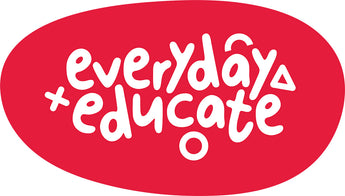Adaptive toys are toys that have been modified or designed specifically for children with special needs. These toys may have larger buttons, switch activations, or other features that make them easier for children with special needs to use.
Adaptive toys can be particularly helpful for children with physical disabilities, sensory processing disorders, developmental delays, or other special needs. They can provide children with opportunities to engage in play and learning that may not be possible with traditional toys.
Some of the benefits of adaptive toys for children's learning and development include:
-
Encouraging independence: Adaptive toys can give children with special needs the opportunity to play independently, which can boost their self-esteem and sense of accomplishment.
-
Promoting social interaction: Adaptive toys can help children with special needs participate in social interactions with their peers. For example, a toy that allows a child to press a button to make a sound or request can help the child initiate communication with others.
-
Developing fine motor skills: Many adaptive toys require the child to press buttons or manipulate small objects, which can help develop fine motor skills.
-
Enhancing sensory input: Adaptive toys may have special features that provide sensory input, such as lights, sounds, or textures. This can be particularly helpful for children with sensory processing disorders who may need additional sensory input to regulate their bodies and focus on tasks.
-
Providing a sense of accomplishment: Adaptive toys can help children with special needs feel successful and accomplished, which can boost their self-esteem and confidence.
Overall, adaptive toys can be a valuable tool for children's learning and development, providing them with opportunities to engage in play and learning that may not be possible with traditional toys. It's important to choose adaptive toys that are age-appropriate and suitable for the child's individual needs and abilities. It may also be helpful to consult with a therapist or other medical professional for recommendations on adaptive toys that may be particularly beneficial for the child.



 Chat with Us
Chat with Us
i need 1,000 pcs
plz send me quotation